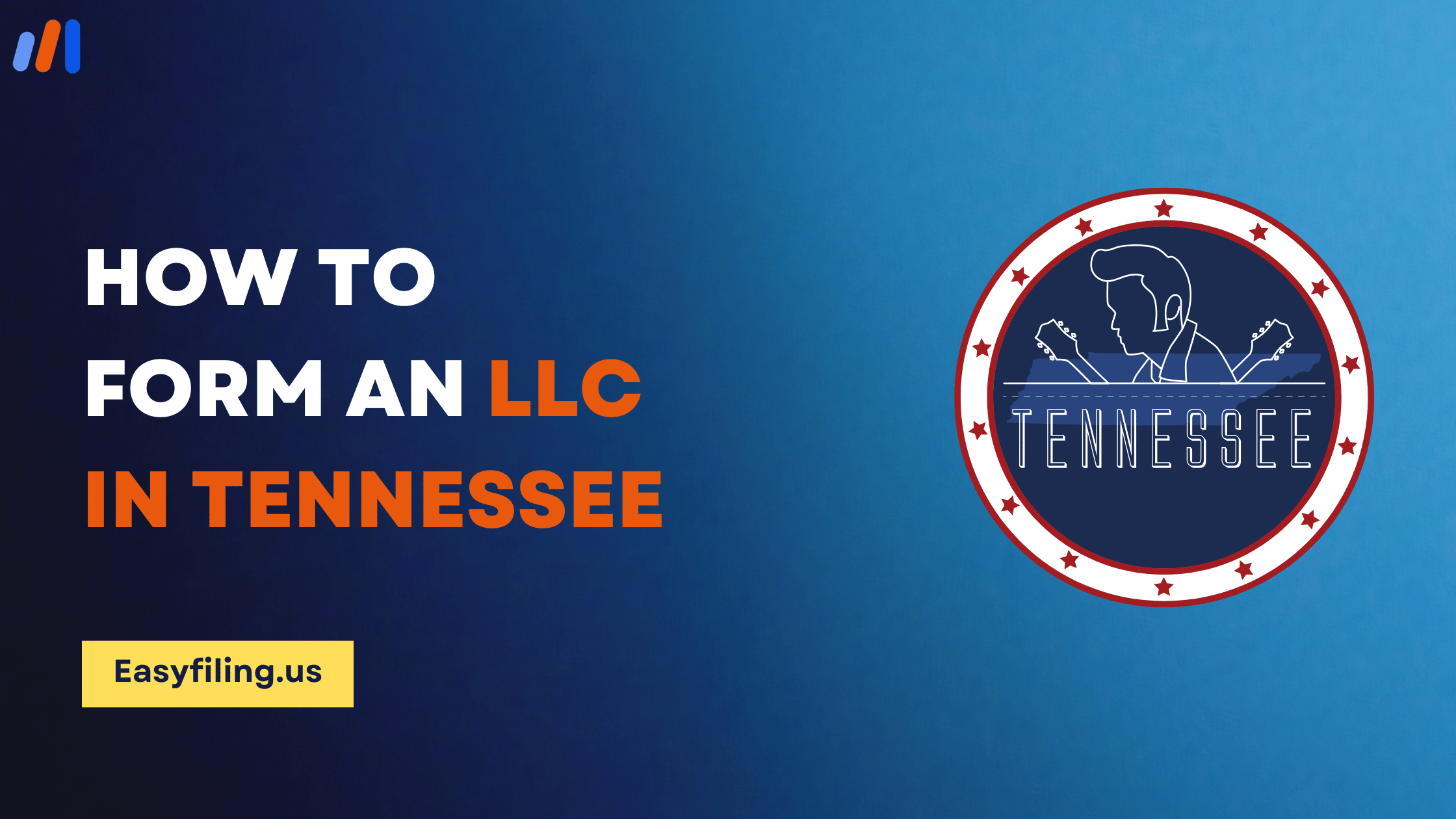Texas is a unique place to open a business because of its robust economy, a unique set of business-friendly policies, and solid industries.
However, it is paramount to follow through on the legal protocols that deal with registrations and acquiring the relevant permits that enable you to start off operations.
In general, there is no business license issued by the state of Texas, but various types of businesses need different types of licenses based on the industry, area, and structure of the organization.
This guide provides a detailed exposition of the processes involved in getting a business license in Texas.
1. Understand the Types of Business Licenses You May Need
It is crucial to emphasize that Texas does not issue a general business license and instead, depending on the type of the business and its location, one has to use a combination of county, state, and local business licenses and permits for Texas license rate Dallas. They include:
State-Level Licenses
There are certain fields of practice within Texas that are considered to be regulated and licensed by the government locally to ensure that business is conducted legally within those fields. For example: Businesses belonging to the following areas are required to be compliant with Texas laws relating to licensing and to obtain it from the respective Texas state authorities.
✅ Health Related Professions: They range from medical doctors to nurses, dentists, therapists, and many more. All of them are required to be licensed by the Texas Medical Board, Texas Board of Nursing, or other authorized professional boards.
✅ Legal and Financial Services: Lawyers have to obtain a license from the Bar Council of Texas while other financing professionals like accountants, tax return preparers, financial advisors, etc. are controlled by several state licenses.
✅ Real Estate: If you are involved in the purchase, sale, or renting of property, then a license from the Texas Real Estate Commission (TREC) is a must. For real estate agents and brokers to keep up their credentials, they must pass a real estate license exam and participate in continuing education classes.
✅ Contractors and Tradespeople: In Texas, the Department of Licensing and Regulation (TDLR) regulates general contractors, electricians, plumbers, and other professionals in the construction industry and they are required to obtain a license from the Department. Of note, some specific plumbing, electrical, and HVAC licenses are also required for certain trade work.
Local Business Licenses
Texas as a state does not have a uniform rule concerning business licenses for example some will only need a blanket license such as a business license while others may just ask for a specific license for a specific industry. Here are some things to keep in mind on a more local scale.
✅ City or County Business License: Many city officials may require that businesses have a general business permit or license to be able to do business in the city. The permit may specify business operations for instance how to conduct business hours, if there is a need for health codes and other details. For example, non-residents in Houston, Dallas, Austin, and San Antonio have to apply for a local business permit/license before commencing business operations within the city.
✅ Zoning permits: These maintain the businesses in the allotted places zoning restrictions permit societal controls attaching particular laws to the management of businesses in the specific area. A zoning permit might be necessary to comply with land use regulations existing in the area. Furthermore, you may be required to obtain zoning clearance.
✅ Health permits: All restaurants, mobile food businesses, and food shops must be able to meet health and safety codes. Apart from these businesses, you are required to acquire a health inspection certificate and an operating permit within your area.
Federal Licenses
Federal permits or licenses are more likely required for specific types of businesses that operate in a heavily controlled environment. The operation of a specific product or provision of services that are under federal authority would mean that one has to acquire a federal license. You could for instance:
✅ Alcohol Sales: Anyone intending to start a business that deals with alcoholic beverages or looking to import or export the said products must acquire a federal license covering the sales and distribution of alcohol from the Alcohol and Tobacco Tax and Trade Bureau (TTB) and in addition a state alcohol license from the Texas Alcoholic Beverages Commission (TABC).
✅ Firearms and Ammunition: They must obtain a Federal Firearms License (FFL) from the Bureau of Alcohol, Tobacco, Firearms and Explosives (ATF). Importers, manufacturers, or dealers of firearms will be able to operate with the required federal license.
✅ Aviation Businesses: If you are engaged in carrying out aircraft services, like Air Charter or flight training, then you are required to obtain licenses from the Federal Aviation Administration (FAA).
2. Register Your Business with the State of Texas
Before getting a business license, the first step is to have your business registered with a state. Such registration of business makes it valid to conduct business activities in the state of Texas. The method will differ based on your business setup. For example:
✅ Sole Proprietorship: A sole proprietorship does not need formal registration at the state level, however, a general name registration DBAs may be needed from the county clerk’s office if there are plans to use a name other than the owner’s.
✅ An Abstract of Company (LLC): An LLC is required to register with the Texas Secretary of State. Such registration provides owners with personal liability protection. The Articles of Organization have to be filled and the filing fee paid.
✅ Corporation: All Corporations are registered with the Secretary of State of Texas. It is also applicable to non-profit Corporations. Starting a legal Corporation entity includes filing Articles of Incorporation and paying all applicable fees.
✅ Partnership: A general partnership as well as a limited partnership can file an assumed name certificate (DBA) with the county officer as well as may require individual registration with the state based on the constitution.
3. Obtain an Employer Identification Number (EIN)
An EIN is also called a Federal Tax Identifier Number (TIN) and its use is very frequent in Texas businesses especially where the business has employees or the entity is a corporation or an LLC.
The IRS assigns the EIN and the EIN acts as the identification number for the business. There are no charges for applying for an EIN, and businesses can do so at the IRS on the Internet. There are a number of requirements such as opening a corporate banking account for business transactions, filing tax returns, as well as employing people.
4. Apply for the Required Industry-Specific Licenses and Permits
As soon as your business has been registered and you possess your EIN, you are free to apply for any additional licenses or permits that pertain to your industry. The application processes range from one business to another and from one level of government to another as different levels issue permits. Here are some industry-specific examples:
✅ Sales and Use Tax Permit: If your business is involved in the sales of any goods or provision of taxable services, you will be required to apply for the Texas Sales and Use Tax Permit which is provided for by the Texas Comptroller of Public Accounts. This enables you to charge sales tax from your customers and hand it over to the respective state agency.
✅ Health and Safety Permits: On the other hand, if your business operates in the sale of food or involves the preparation of food for sale or other forms of consumables, health permits from the Department of Health are required and are also subject to inspections for example, restaurants are required to apply for food establishment permits from the local health department.
✅ Occupational and Professional Licenses: The vast majority of professional fields, particularly medicine, law, and real estate require such professionals to continually have a certificate or a license from a state agency. You may wish to contact the corresponding professional board to gain an additional understanding of the requirements and the entire application specifics in your industry.
5. Verify Compliance with Local Zoning and Health Regulations
It is worth noting that in Texas, all businesses must consider the compliance criterion of zoning laws. This is mostly applicable to businesses that do have a physical presence such as offices, retail shops, or restaurants. To ascertain the zoning restrictions, one can do the following
✅ Zoning Permits: Go to your local zoning office and check whether your business is located in an area that is zoned for your type of business.
✅ Health Inspections: Depending on the type of business engaged in; mainly if engaged within the food service businesses it is a must to have local health inspections that meet health and safety standards. Contact your local health office for inspection details and permits necessary for operating.
6. Submit Your Applications and Pay Fees
On identifying and defining the scope of your business the next step, you need to apply for all the licenses and permits applicable to that business. Most applications are found online on the websites of that particular state, county, or city
Together with the application form, there will also be some fees charged for every license or permit. Make sure you have provided for these expenses as they tend to vary significantly between the different types and locations of businesses.
Alongside licensing fees, a login application can process a request for a background check or log an insurance requirement, so we advise you to have all the necessary documentation ready before submitting any applications.
7. Stay Compliant and Maintain Your Business License
Getting a business license is only the tip of the iceberg of what you owe as a business owner. Once a license or registration with the authorities is approved, it is your job to make sure that you adhere to the requirements of Texas so you do not risk being fined, penalized, or having your license taken away.
Key points to consider include but are not restricted to these:
✅ Renewal: Many licenses or permits in Texas can be obtained for a limited time which could be up to a year. Always follow the dates for renewal and fill in the request for renewal in good time to prevent additional charges and non-compliance.
✅ Tax Filings: Do not lose track of the tax filing obligations of your business including, but not limited to sales tax, and franchise tax. Failing to pay your taxes and submitting tax returns on time may impose penalties on you.
✅ Continuous Compliance: Some businesses, for example, healthcare, construction, and food service businesses, periodically need inspections, certifications, or renewals of their professional licenses. Any such additional compliance you have to hold on to.
Conclusion
To run a business in Texas, take note of the tips and procedures outlined above to obtain a business license. First of all, Texas can be the ideal state of business for you if you are already familiar with the particulars of your industry as well as how to acquire the requisite state permits as well as any local and federal licenses.
It is crucial for your success that the business is registered legally and there are also licenses specific to these industries that are obtained as there is no general business license issued in Texas.
In the state of Texas, every small detail matters so if you are diligent enough to complete every simple task while meeting your obligations in a timely manner, your business will function seamlessly in the state of Texas.
File Your LLC Today
25$ off with a coupon
Lock in EasyFiling's transparent rates and get lifetime compliance support at no extra cost.
Get Started Now







